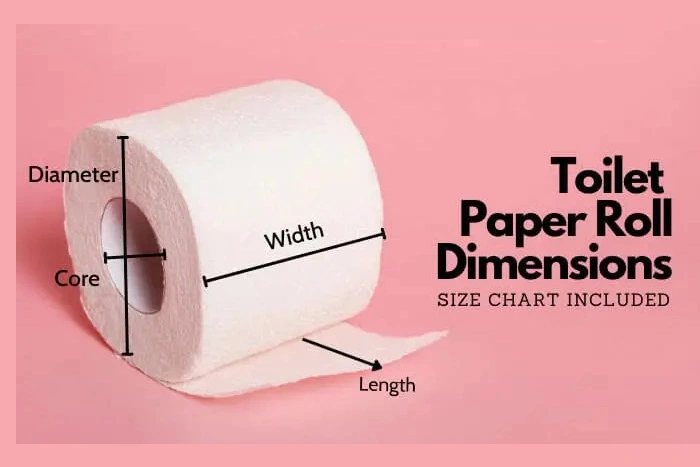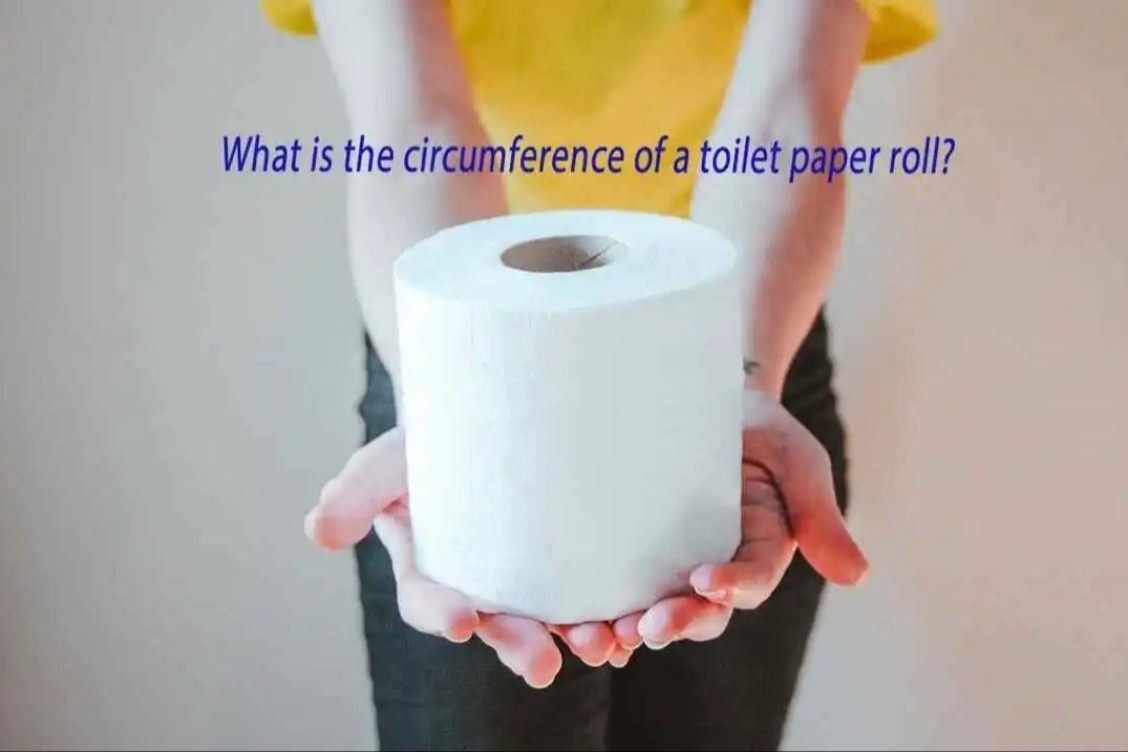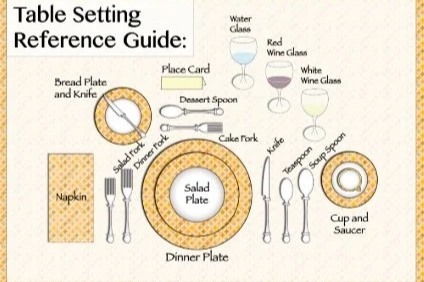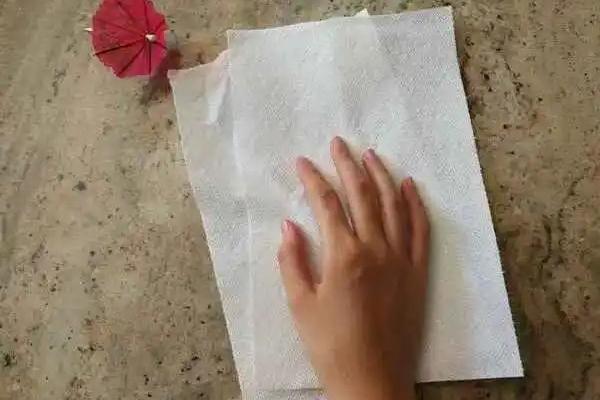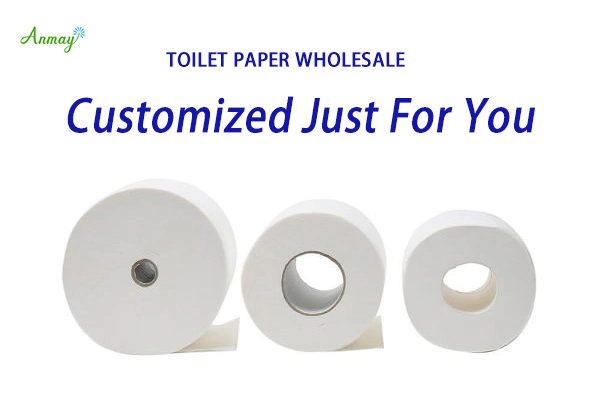Can Toilet Paper Expire?
Have you ever wondered, “Does toilet paper have an expiration date?” It’s a question that might seem odd, but it’s worth asking. Especially if you’re someone who likes to buy in bulk or store supplies for emergencies.
In this article, we’ll delve into the longevity of toilet paper. We’ll explore factors that can affect its quality over time and how to store it properly.
So, if you’ve ever questioned the shelf life of your bathroom tissue, keep reading. This article is for you.
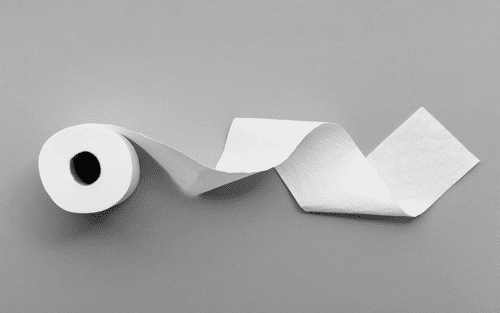
Understanding Toilet Paper Longevity
Toilet paper, unlike food or medicine, doesn’t come with a definitive expiration date. Its longevity largely depends on how it’s stored and the conditions it’s exposed to.
The quality of toilet paper can deteriorate over time. However, this doesn’t mean it becomes harmful or dangerous to use. It might just lose its effectiveness or become less comfortable to use.
In general, if stored correctly, the shelf life of toilet paper can be several years.
How to Properly Store Toilet Paper
Proper storage is key to extending the life of your toilet paper. It should be kept in a cool, dry place, away from high humidity.
Humidity can affect the texture and strength of toilet paper. If stored in damp environments, it may develop mildew or mold.
Here are some tips for proper toilet paper storage:
- Keep it in its original packaging until use. The packaging can protect it from environmental factors.
- Store it in a closed cabinet or closet to protect it from pests or insects.
- Avoid storing it in direct sunlight, which can cause it to become brittle.
Remember, unopened toilet paper packs last longer than opened ones. So, it’s best to only open a pack when you’re ready to use it.
Factors That Can Affect Toilet Paper Quality
Several factors can affect the quality of toilet paper over time. One of these is the environment where it’s stored. As mentioned, dampness, sunlight, and pests can all compromise its quality.
The type of toilet paper can also play a role. For instance, toilet paper made from recycled materials or those that are chemical-free might be less resistant to deterioration.
Lastly, the brand and quality of the toilet paper can influence its longevity. Higher quality brands often last longer and resist deterioration better.
Signs That Your Toilet Paper Might Be Compromised
If your toilet paper has been stored improperly, there may be signs of compromise. These can include discoloration, a change in texture, or an unusual odor.
In extreme cases, you might notice mildew or mold on the toilet paper. This is a clear sign that it’s been exposed to dampness and should not be used.
Remember, while using compromised toilet paper isn’t harmful, it may be less effective and pleasant to use.
The Truth About Toilet Paper Expiration Myths
There’s a common belief that toilet paper has a shelf life of 1 to 2 years. However, this is not a strict rule. Toilet paper doesn’t expire in the same way perishable goods do.
Manufacturers don’t provide official guidelines on toilet paper expiration. This is because, when stored properly, it can last for several years.
So, while toilet paper can deteriorate over time, it doesn’t have a definitive expiration date. It’s more about the quality and effectiveness of the product, rather than safety concerns.
Best Practices for Bulk Buying and Storage
Bulk buying toilet paper can be cost-effective. However, it’s important to store it properly to prevent waste. The packaging of toilet paper can protect it from environmental factors, but once opened, its longevity can be compromised.
Here are some tips for storing bulk toilet paper:
- Keep it in a cool, dry place.
- Avoid areas with high humidity.
- Keep it away from sunlight.
- Store it in a pest-free environment.
Remember, proper storage is key to extending the life of your toilet paper.
Conclusion: Balancing Practicality and Preparedness
In conclusion, while toilet paper doesn’t have a definitive expiration date, its quality can deteriorate over time. Proper storage and mindful purchasing can help maintain its usability.
Remember, being prepared is good, but practicality should not be overlooked. Buy in bulk, but also consider your realistic usage rates.

